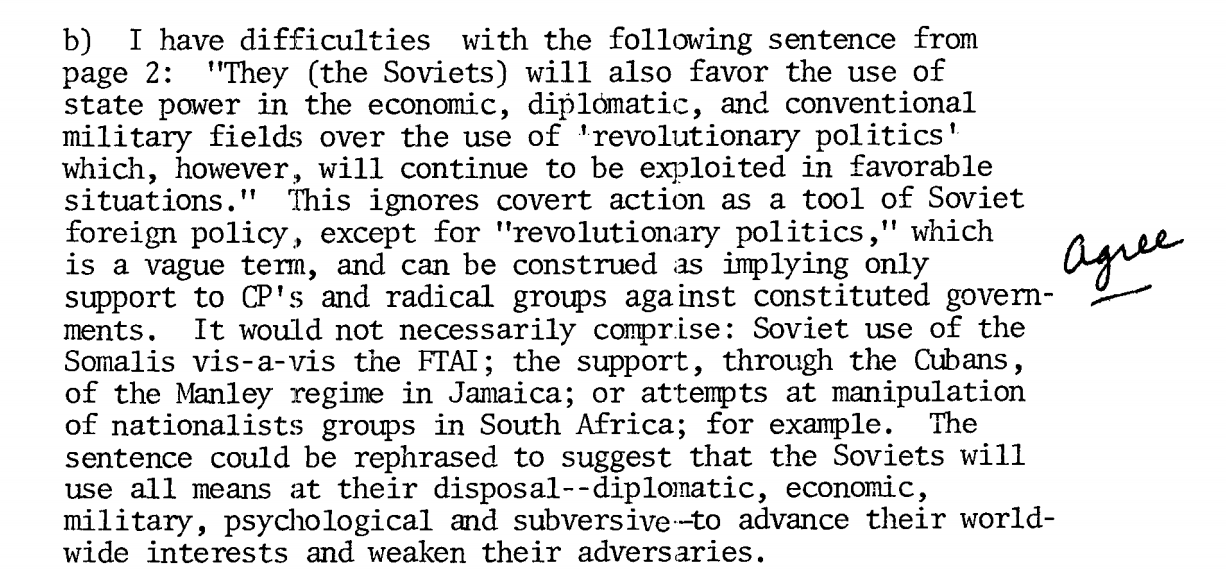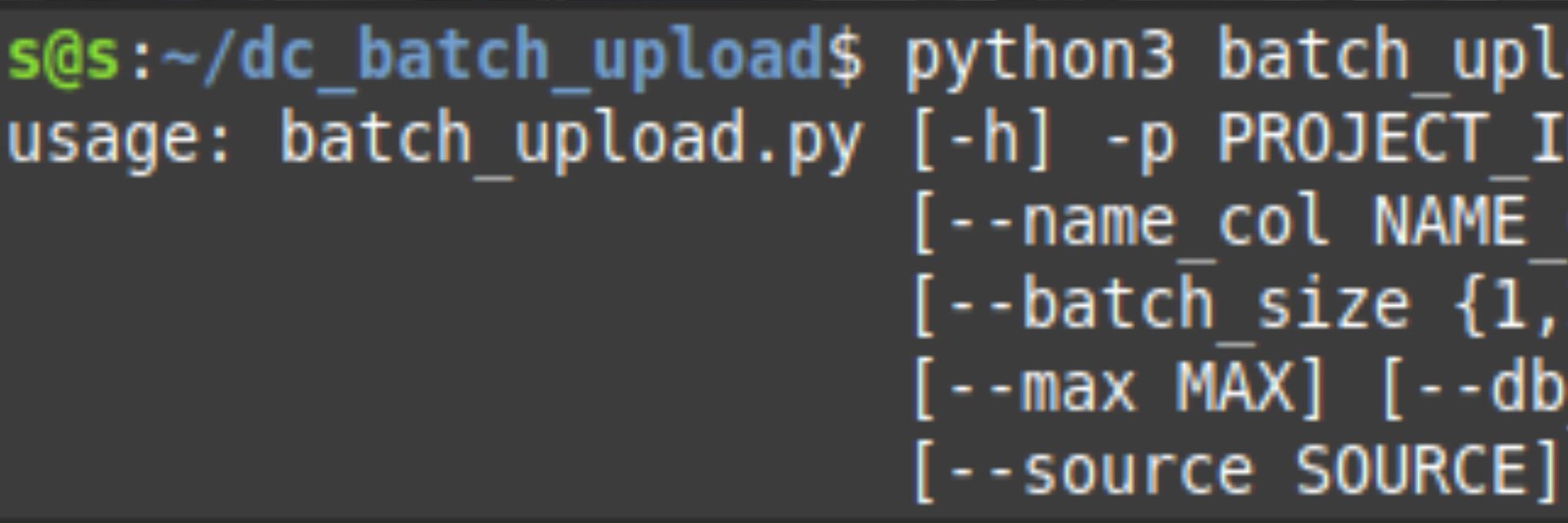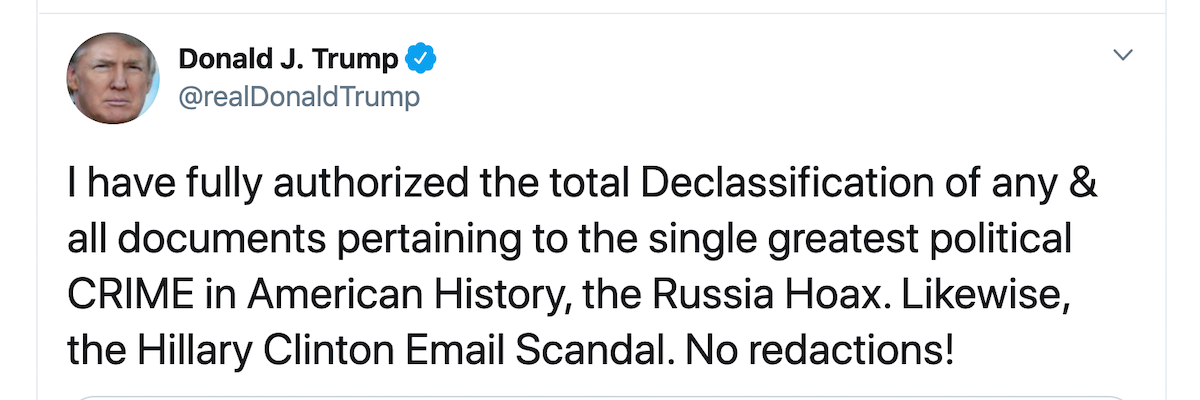There comes a time in every person’s life - sometimes many times - when he or she or they wishes that some statement made or written had been a bit more clear. The human experience is complex, language can only do so much to convey its intricacies, and in some situations, what would and wouldn’t be considered unforgivable can be determined by just one word.
What a world of difference the right one can make.
The Central Intelligence Agency of the mid-1970s understood something of the value of thoughtful phrasing. In the wake of Watergate, the revelations of the “Family Jewels,” and the subsequent Church Committee investigation, the Agency had a lot riding on what it did and didn’t say. And as noted in a memo for Deputy Director of Central Intelligence E. Henry Knoche dated November 29, 1976, that efficiency of language should be reflected in their planning materials, like “DCI Perspectives,” issued regularly as mid-range guidance to the Intelligence Community.
The notes in this particular critique of the “Perspectives” draft were concerned with at least attempting to accurately address the Agency’s interests in an articulate way. It highlights the usefulness of including a section on Russian intelligence and U.S. counterintelligence, a focus of the Agency that is arguably its most obvious, long-running interest and, yet, seemingly barely-mentioned in the document.

And the editor insists that the document tone down unimportant, redundant mentions of the Soviets as primary interests for the U.S. government, also asking that the material make more clear that these adversaries would be willing to use a variety of means to get their way.

“If this is to be the ‘motherhood’ document of the country’s foremost analytical and estimative intelligence organization,” the memo reads, “it should be written in decent English.” The author, apparently concerned with the incoming Carter administration’s appraisal of the Agency, worried over the impression that such garbled language could create.

Knoche was in agreement and noted that the suggestions should be passed on to the DDI.
“A little editing never hurt anyone,” he scrawled in the margins, “no one.”
Read the memorandum and search through the CIA’s declassified materials for yourself on CREST.
Image via Wikimedia Commons




